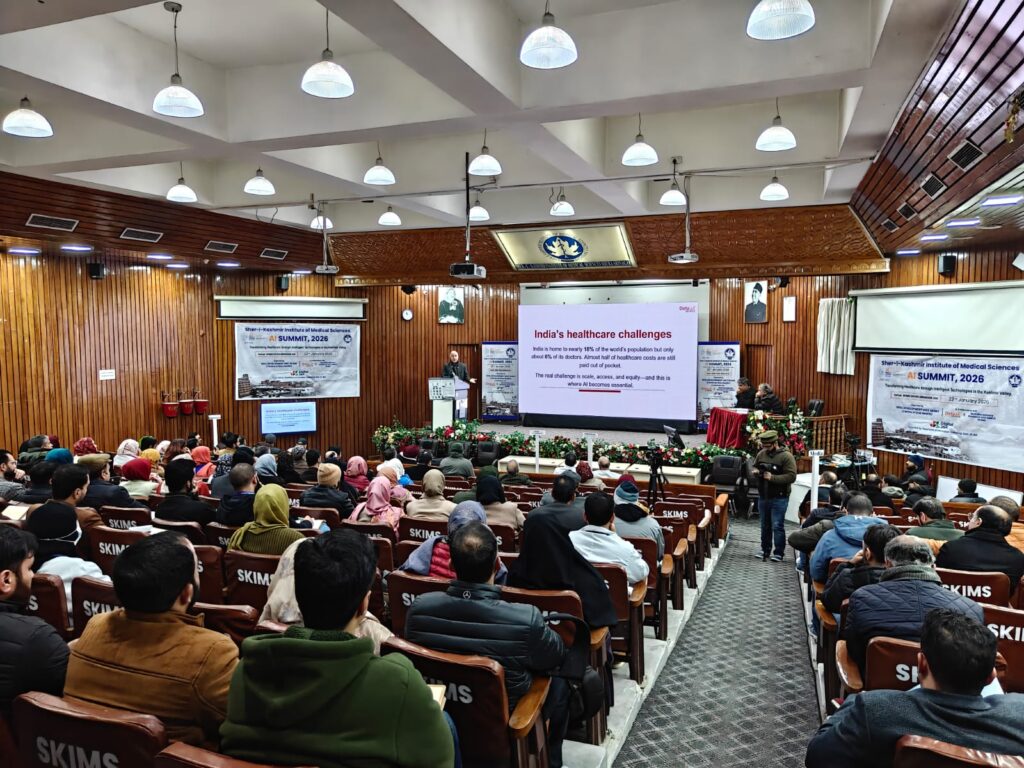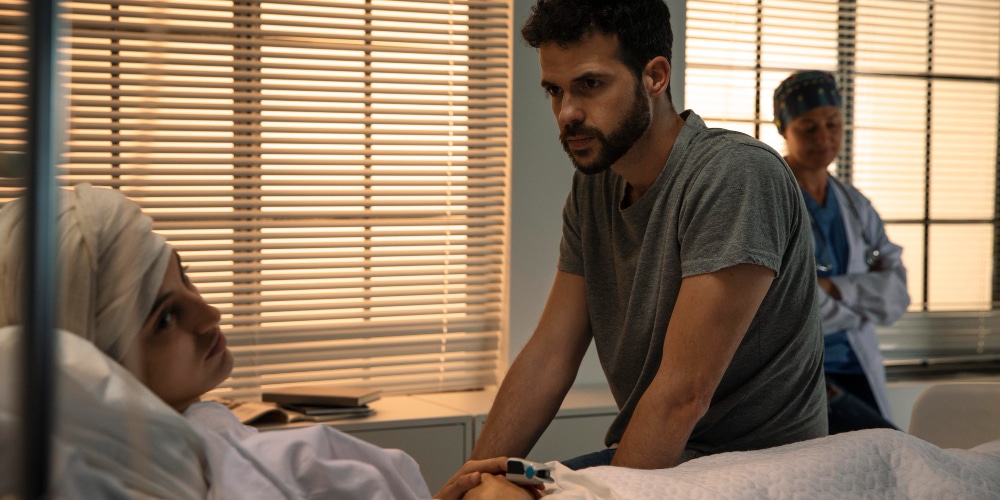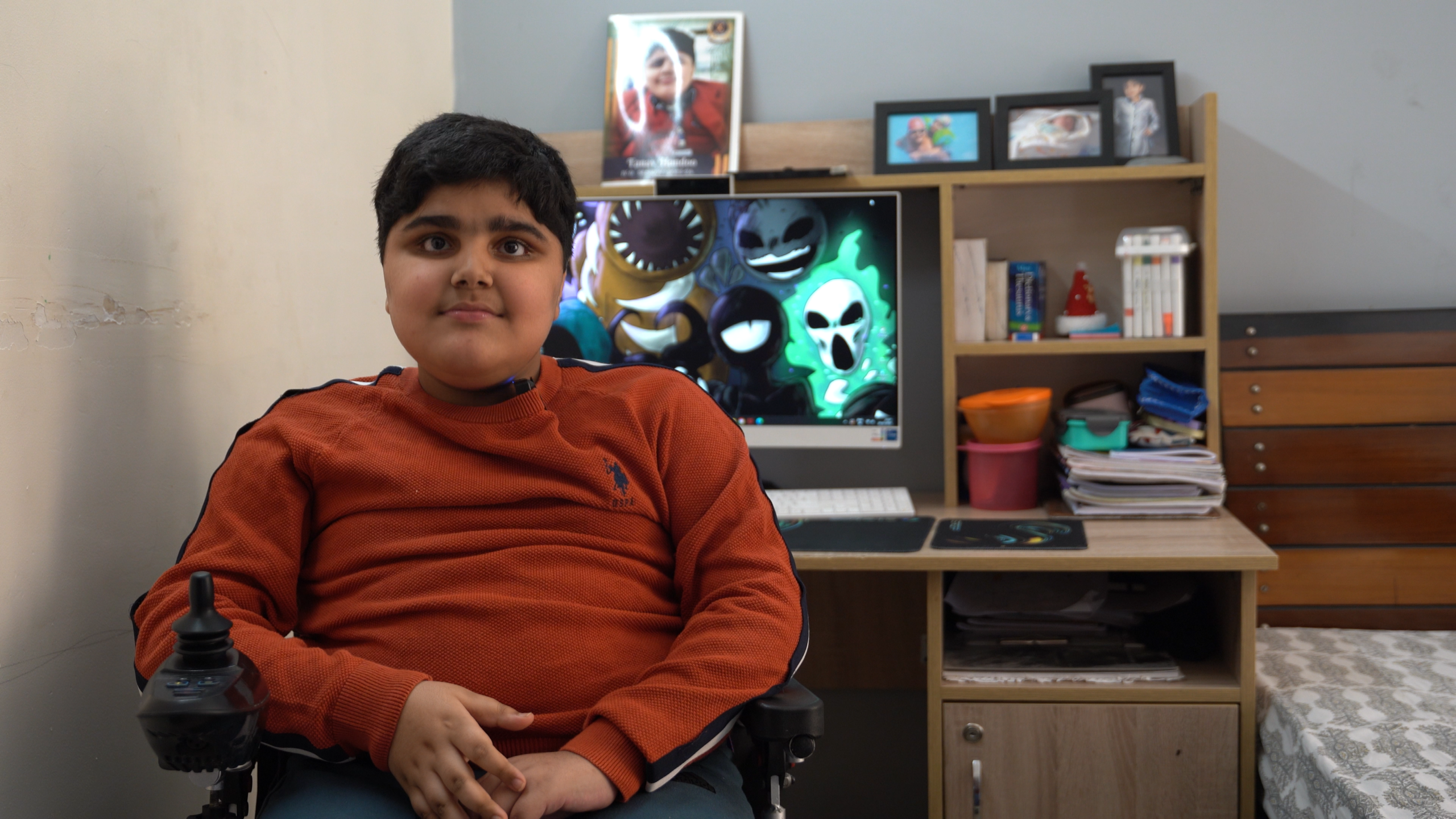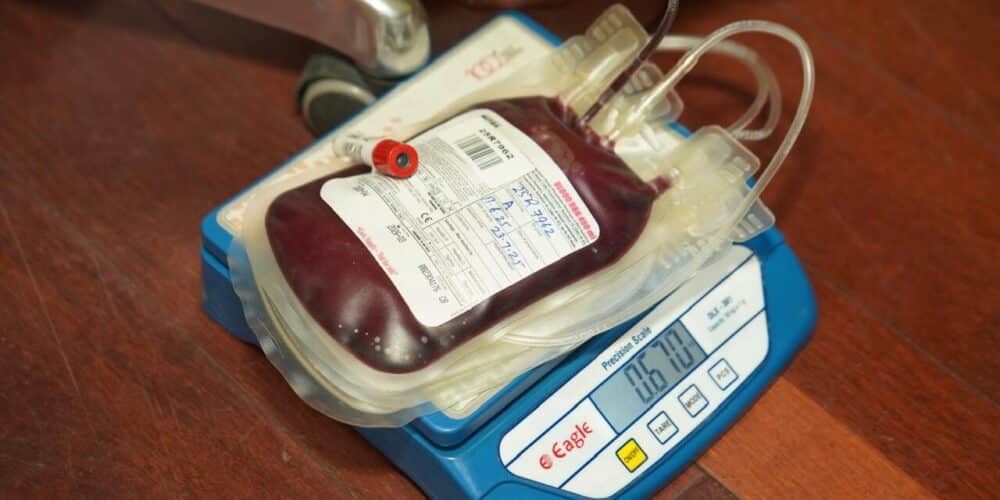World Mental Health Day: Balancing work and well-being in the modern era
Experts point to shifting workplace dynamics, technological intrusion, and a lack of coping strategies as key factors affecting mental health in professional settings
Author
Author
- admin / 1 year

- 0
- 5 min read

Author
As we commemorate World Mental Health Day, mental health professionals are sounding the alarm on the growing challenges of maintaining work-life balance in an increasingly connected world. Experts point to shifting workplace dynamics, technological intrusion, and a lack of coping strategies as key factors affecting mental health in professional settings.
Conversations around mental health and work related stress gained traction in India after multiple cases of people allegedly succumbing to work related stress made headlines in the country. Recently, a 26 year old Ernst & Young employee in Pune passed away, with her family alleging that her workload at the organisation was the reason for her untimely demise. Earlier this year, Maharashtra based journalist Satish Nandgaonkar’s passing had raised questions about work-life balance of journalists and the alleged toxicity of newsrooms in the country.
In fact a report by the Confederation of Indian Industry (CII) earlier this year said “Indian workers are burning out at an alarming rate, with a 62% reporting exhaustion compared to the global average of just 20%. This suggests a significant problem fueled by work-related stress, remote work challenges, long hours, and a struggle to maintain work-life balance.”
Dr. Nimesh Desai, a senior consultant psychiatrist & psychotherapist with decades of experience, emphasizes the role of individual perception in work-related stress. “My perception of whether my work is stressful or not can be colored by what I already have, more than actual conditions,” Desai said. He notes that stress levels often depend on personal circumstances and preexisting mental states, rather than solely on external factors.
The changing nature of work across generations is another significant factor, according to Damini Sharma, 26, a counseling psychologist. “The older generation had much greater boundaries,” Ms Sharma noted, contrasting this with current struggles to separate work and personal life. She attributes this shift partly to the advent of digital technology and the expectation of constant availability.
Ms Sharma challenges the common focus on quality time in personal relationships, suggesting consistency is more crucial. “The biggest focus should always be not on the quality part of it,” she said, advocating for regular, undistracted personal time. This approach, she believes, can help individuals maintain healthier relationships despite busy work schedules.
Both experts express deep concern over technology’s role in blurring work-life boundaries. Ms Sharma reports frequent discussions about gadget addiction in therapy sessions, indicating a growing problem among working professionals. “It’s becoming increasingly difficult for people to ‘switch off’ from work mode,” she added.
A lack of coping strategies among younger individuals is another critical issue identified by the experts. “They have no other coping strategies, no other place to turn to, often are living and working by themselves,” Ms Sharma observed. This gap in mental health education and resources leaves many young professionals ill-equipped to handle work-related stress effectively.
Desai highlighted the often-overlooked stress on working mothers and women in lower-level positions, bringing attention to the intersectionality of gender and workplace stress. “Why not consider the working mothers? I mean, what about lower staff positions and socio-economically lower brackets? Working women have almost no support, no paid help, and yet they are doing all these two or three jobs,” he said. This observation underscores the need for targeted support systems and policies to address the unique challenges faced by different demographic groups in the workforce.
Challenging societal norms, Desai emphasized, “Material or professional success is not the end of life.” He advocates for individualized approaches to work-life balance, stating, “There’s no one formula.” This perspective encourages a reevaluation of traditional markers of success and promotes a more holistic view of personal fulfillment.
Ms Sharma, reflecting on her own experiences in healthcare, noted the difficulty in maintaining strict boundaries between work and personal life, especially in high-stress professions. “Saying no is not that black and white since I work in healthcare,” she said, explaining that crisis situations often require flexibility. “This session is more important, there is a bigger issue, there is some sort of crisis going on that needs to be dealt with,” she added, highlighting the complex nature of work-life balance in high-stress professions.
The experts also touched upon the impact of recent global events on workplace mental health. The COVID-19 pandemic, in particular, has accelerated many of these trends, with remote work becoming more prevalent and the lines between office and home life becoming increasingly blurred.
As organizations adapt to these changes, both Dr Desai and Ms Sharma stress the importance of workplace policies that prioritize mental health. They suggest measures such as mandatory breaks, mental health days, and access to counseling services as potential steps companies can take to support their employees’ well-being.
This World Health Day, these insights underscore the need for increased awareness, better coping strategies, and more flexible work cultures to address the evolving mental health challenges in the workplace. The experts call for a collective effort from individuals, employers, and policymakers to create environments that support both professional growth and personal well-being.
Also read: WHO says 1 in 7 young people face mental health challenges










